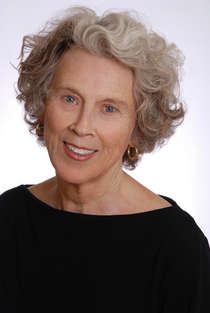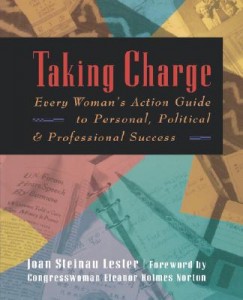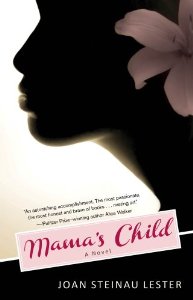Mother’s Day, Wikipedia, and Politics
Mother’s Day is upon us. We honor our moms for nurturing care, but their contributions in other arenas are, inevitably, marginalized. Wikipedia recently excised most “American Women Novelists” from its “American Novelists” category – segregating them in a female subcategory, thereby rendering American novelists nearly entirely male. When we think of other public categories too, women are rarely regarded as the norm.
With “working mothers” lingering as an unremarked phrase in our lexicon, whereas no one speaks of “working fathers,” it’s obvious that we still consider women’s primary role to be familial, i.e. marginal to the grand business of state, commerce, or literature. Never are men described in headlines as “Father Becomes New CEO” or “Grandfather Wins Senate Race.” Certainly many such achieving men are fathers or grandfathers, but their reproductive function isn’t a their primary identification. Their public role is expected; it’s normal. But women remain, in public consciousness, primarily nurturers and caregivers. The way we celebrate Mother’s Day only reinforces this stereotype.
Surprisingly, the origin of Mother’s Day in 1870 wasn’t an uprising of sentiment about dear old mom and her sweet touch, but was a call to action on international affairs.
“Arise, then, women of this day!” the original Mother’s Day Proclamation began, in the rhetoric of the time. “Say firmly: ‘We will not have great questions decided by irrelevant agencies.” It asked women to take major international issues into their own hands, and to stop supporting men, who were not able to provide peaceful settlements. “Our husbands shall not come to us, reeking with carnage, for caresses and applause.”
Mother’s Day was, as Julia Ward Howe wrote, a call for women to “leave all that may be left of home for a great and earnest day of counsel,” in which women would meet “for a general congress of women without limit of nationality…to promote the alliance of nationalities, the amiable settlement of international questions, the great and general interests of peace.”
Mother’s Day was initiated during the great suffragist wave of the 1850’s and 1860’s, when many women were leaving home to involve themselves in the great topics of the day: the Anti-Slavery and Women’s Rights movements. Women discovered that they could indeed influence events when acting in solidarity with each other. Mother’s Day was initiated as a bid to women throughout the world to gather publicly, for action.
We’ve lost this segment of our story, a time when we dared make proclamations to the women of the world; when we dared believe we could effect the “amicable settlement of international questions.” Now that bold history is erased; its legacy sanctifies women’s roles within the family. Let us pause this May to remember the holiday’s origins, in which women’s sphere was rightly regarded as the world.
The more all of us cease sentimentalizing women’s roles within the family and insist on non-gendered recognition of accomplishments, the less women will be relegated to ghettoized status in major platforms like Wikipedia.
——-
Dr. Joan Steinau Lester is the author of the recently released novel, Mama’s Child. Follow Lester on Twitter and find her on GoodReads. As a member of a biracial family, Lester’s lifelong passion has been writing about issues of racial identity. Dr. Lester is an award-winning commentator and author of four critically acclaimed books: Eleanor Holmes Norton: Fire In My Soul; The Future of White Men and Other Diversity Dilemmas; Taking Charge: Every Woman’s Action Guide; and her first novel, Black, White, Other: The Search For Nina Armstrong. She has won the NLGJA Seigenthaler Award in journalism and the Arts & Letters Creative Nonfiction Finalist Award. Taking Charge was nominated as a Best Women’s Book by the San Francisco Women’s Heritage Museum and Mama’s Child was a Bellwether Prize finalist. After receiving her doctorate in multicultural education, Dr. Lester served as the Executive Director of the Equity Institute, which pioneered the diversity wave of the ’80s and ’90s, for sixteen years.
Category: Contemporary Women Writers







Comments (1)
Trackback URL | Comments RSS Feed
Sites That Link to this Post